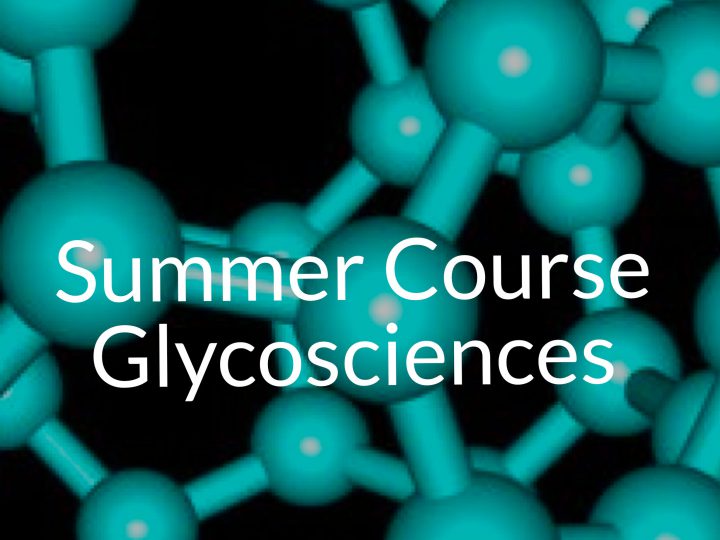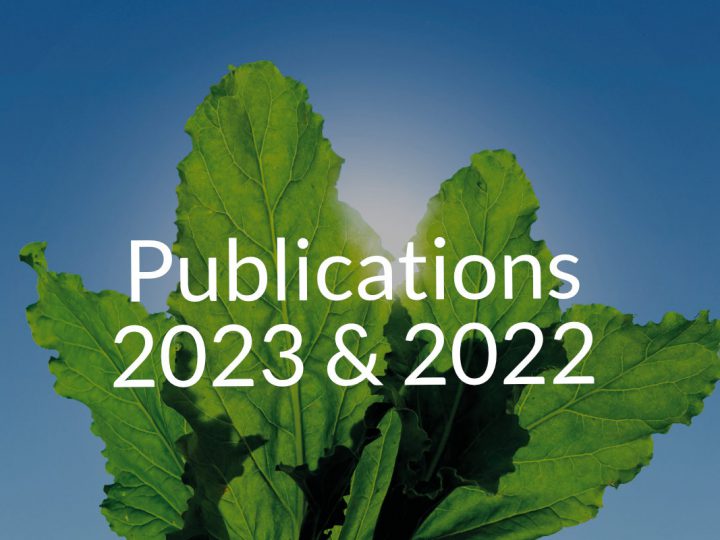UMCG The role of microbiota in health and disease is becoming increasingly apparent with the revelation of all kind of associations with disease. With this also the wish increases to intervene in the composition of the gut microbiota to stimulate the growth and function of beneficial bacteria. In October this year a paper appeared on the prebiotic effect of pectin in FEMS Microbial Ecology by the group of Harry Flint in Aberdeen that studied this in collaboration with the group of Jerry Wells in Wageningen and Anne Meyer in Lyngby Denmark.
The team lead by Sylvia Duncan describes that degradation capabilities of apple pectin is widespread within gram-negative Bacteroides species, commonly present in our gut, that have a large array of enzymes to fully degrade pectin such as carbohydrate esterases, glycoside hydrolases and polysaccharide lyases. On the other hand, pectin degradation by gut born Firmicutes is scarce. In this paper by Chung et al. the group focuses on two anaerobic gut Firmicutes that possess these capabilities. The first species Eubacterium eligens, has two glycosyl hydrolases, two pectate lyase families and the two families of carbohydrate esterases to fully benefit from pectin utilization. Subspecies of second species Faecalibacterium prausnitzii contains variable capabilities, some do some don’t utilize pectin although they seem to contain the genes for polysaccharide lyases. They demonstrated this with two galacturonide oligosaccharides recently purified from sugar beet pectin, DP4 and DP5 that are differentially utilized by the strains of F. prausnitzii. The authors point out that they have shown that by using pectin as prebiotic E. eligens and F. prausnitzii can be enriched in fermenters inoculated with feces (Figure 1). In the final part of the paper the authors demonstrated that E. eligens stimulates the production of the anti-inflammatory cytokine IL10 by blood immune cells, which supports the idea that this bacterium is involved in immune regulation and homeostasis in the gut. They suggest to use this bacterium as probiotic, but also stress that it is a target for prebiotic intervention with pectin and its derivatives, along with other beneficial gut bacteria as target, such as F. prausnitzii.
With this nicely written paper the authors continue building on their strong work on gut fermentation of nutritional carbohydrates and the immune response of anaerobic gut bacteria. It shows the potential of pectins from different origin as prebiotics for selective improvement of our gut microbiota.
For the complete paper see Chung et al. FEMS Microbiol Ecol. 2017 Oct 3. doi: 10.1093/femsec/fix127.






